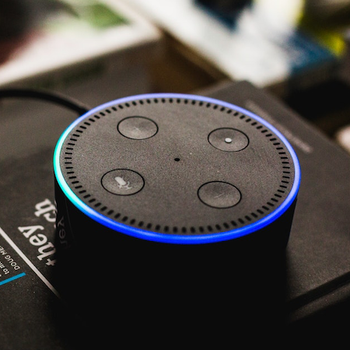
AI, smart speakers bring about a Wild West of health data questions.

AI, smart speakers bring about a Wild West of health data questions.

How new partnerships are bypassing the health system and going straight to the market.

The University of Virginia Health System is making a concerted effort to find out how they can integrate clinical decision tools into their health network.

A deal between Anthem and an app developer could make it easier for patients to access care via text.

The health system’s Medicaid patients may access community resources that could improve their health.

The smartphone could be the next vehicle for at-home testing, but health systems and physicians will need to prepare.
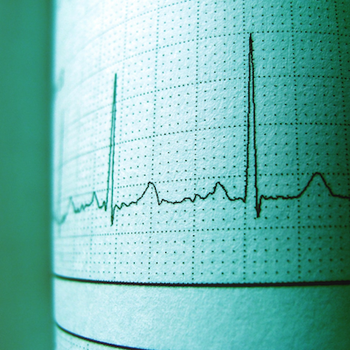
Researchers at the University of Texas, Austin, created a paper-thin device to collect key heart readings wirelessly and continuously.

Health record availability is linked to more collaborative relationships with physicians, but many patients still lack access.
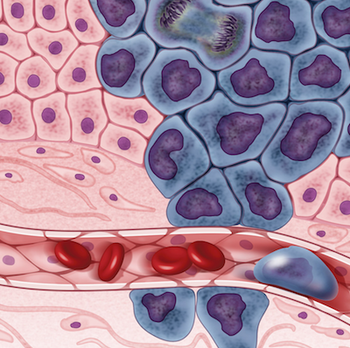
A new deal between Adventist Health and CancerIQ will make it easier for physicians to identify patients with increased genetic risk of cancer.
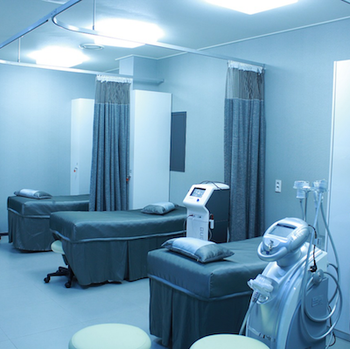
Electronic monitoring of a patient’s rescue inhaler could help avoid hospitalization.
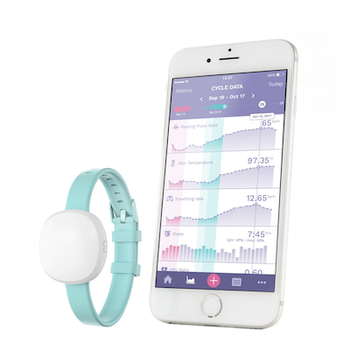
A new fertility tracking device aims to help women determine the most fertile days of their cycle.

Healthcare might be ripe for change, but disruption isn’t so easy for outsiders.

The device helps patients with sleep apnea by tracking their breathing and heart rate.

Patients with Crohn’s disease reduced their medical costs by an average of $6,500.

SymTrak is designed to capture important patient data that often go unnoticed.

The more a patient uses a wearable, the more likely they are to be adherent.

But a new study suggests the tool can help eliminate waste.

The World Health Organization has several recommendations for how countries can and should integrate digital tools into their health systems.

The effort highlights some of the challenges associated with social determinants of health.

Seemingly minor problems can translate into major health consequences when it comes to electronic health records, this Pew report finds.
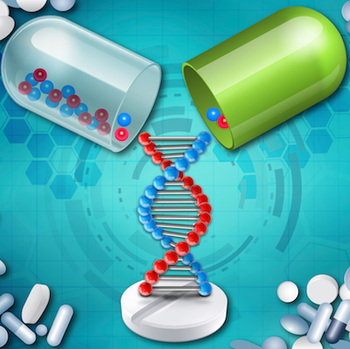
Aetion will aid in the expansion of a program meant to test whether real-world evidence can be used to predict the outcomes of clinical trials.
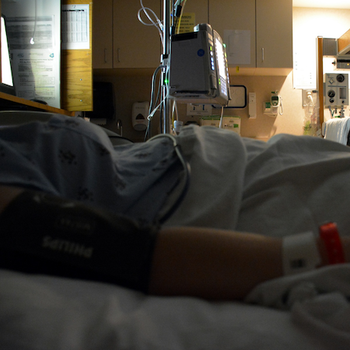
Patients don’t need to be woken for periodic vital sign checks, a new study finds.
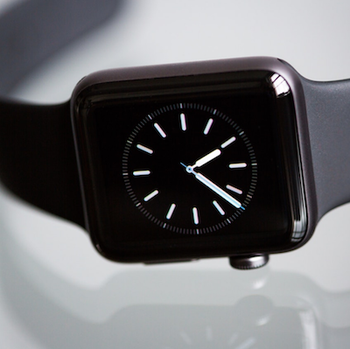
The Apple Watch is popular, but a new long-term study might shed light on whether the device can also be a meaningful health tool.
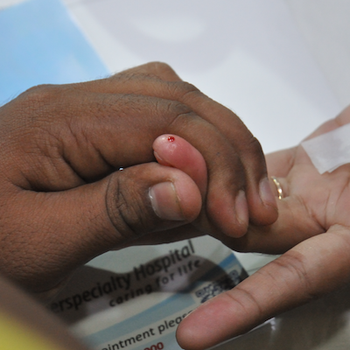
At-home blood testing could soon become a reality.

5G technology could enable major transformations in how the healthcare system treats patients.

Neutron tomography is time consuming but highly accurate.

The wearables company already boasts more than 27 million users — and it hopes new low-cost devices will scoop up more.

The nation’s third largest nonprofit health system is starting a for-profit population health management firm.

A new analysis of patient internet searches prior to emergency department visits suggests the data can produce meaningful insights.

IBM Watson Health will work with healthcare leaders on AI, patient safety and & human-machine interactions.

Published: June 1st 2018 | Updated:
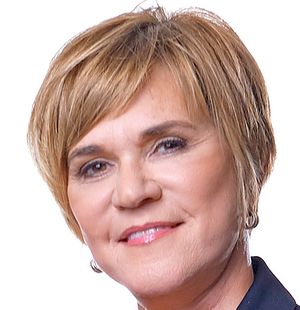
Published: June 7th 2018 | Updated:

Published: June 9th 2018 | Updated:

Published: June 18th 2018 | Updated:
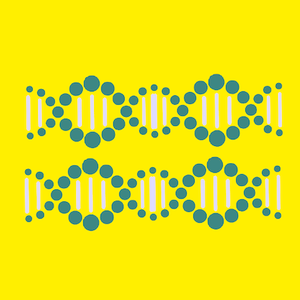
Published: June 19th 2018 | Updated:

Published: June 20th 2018 | Updated: